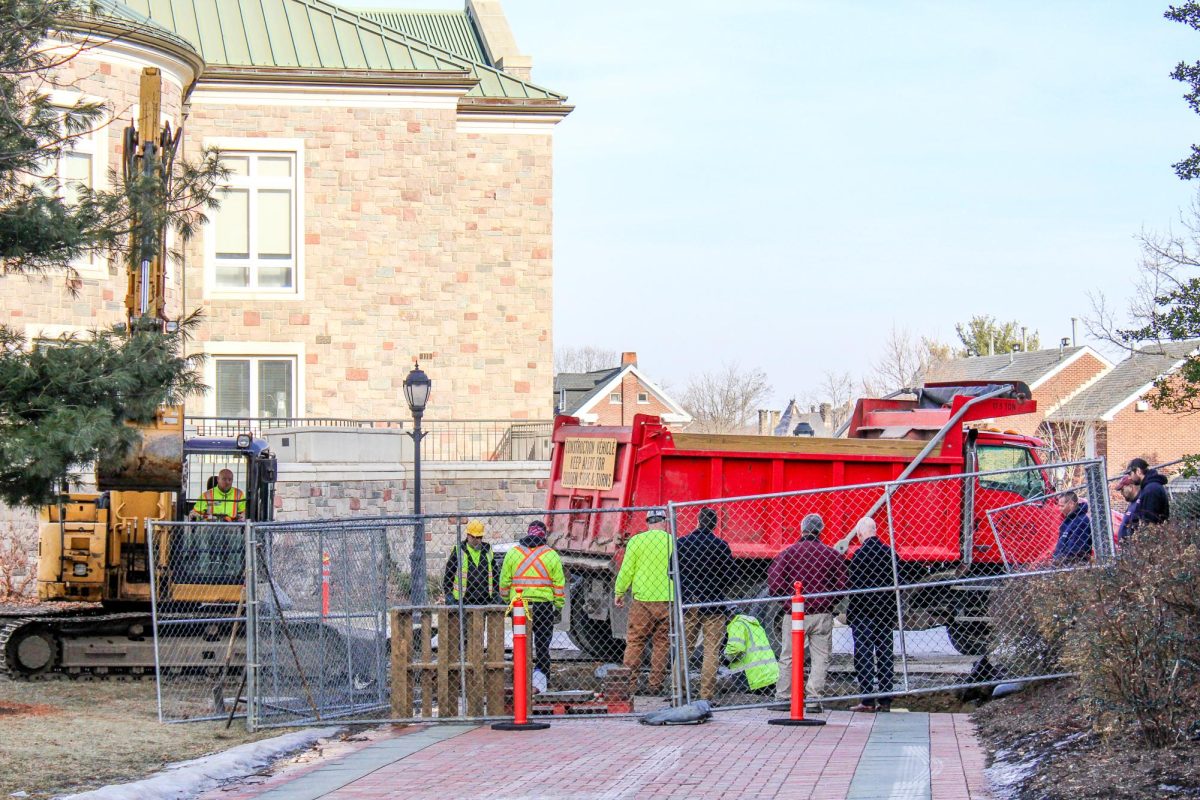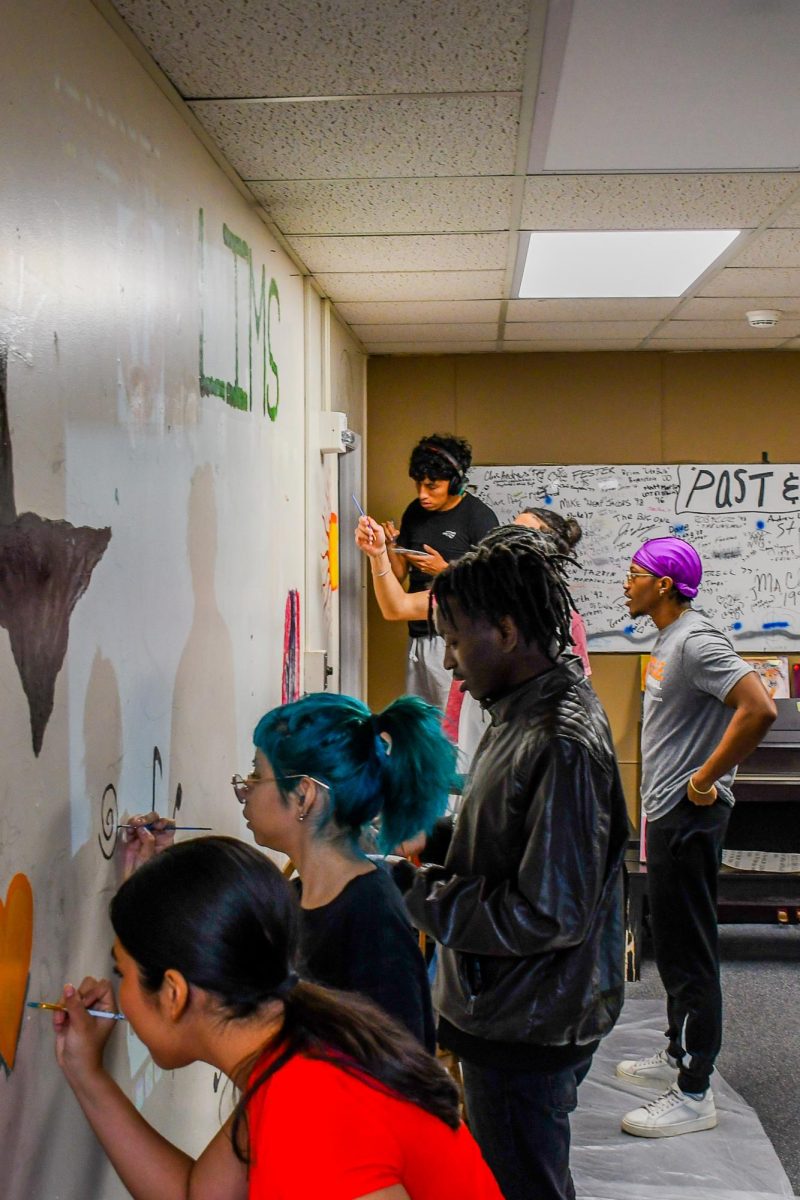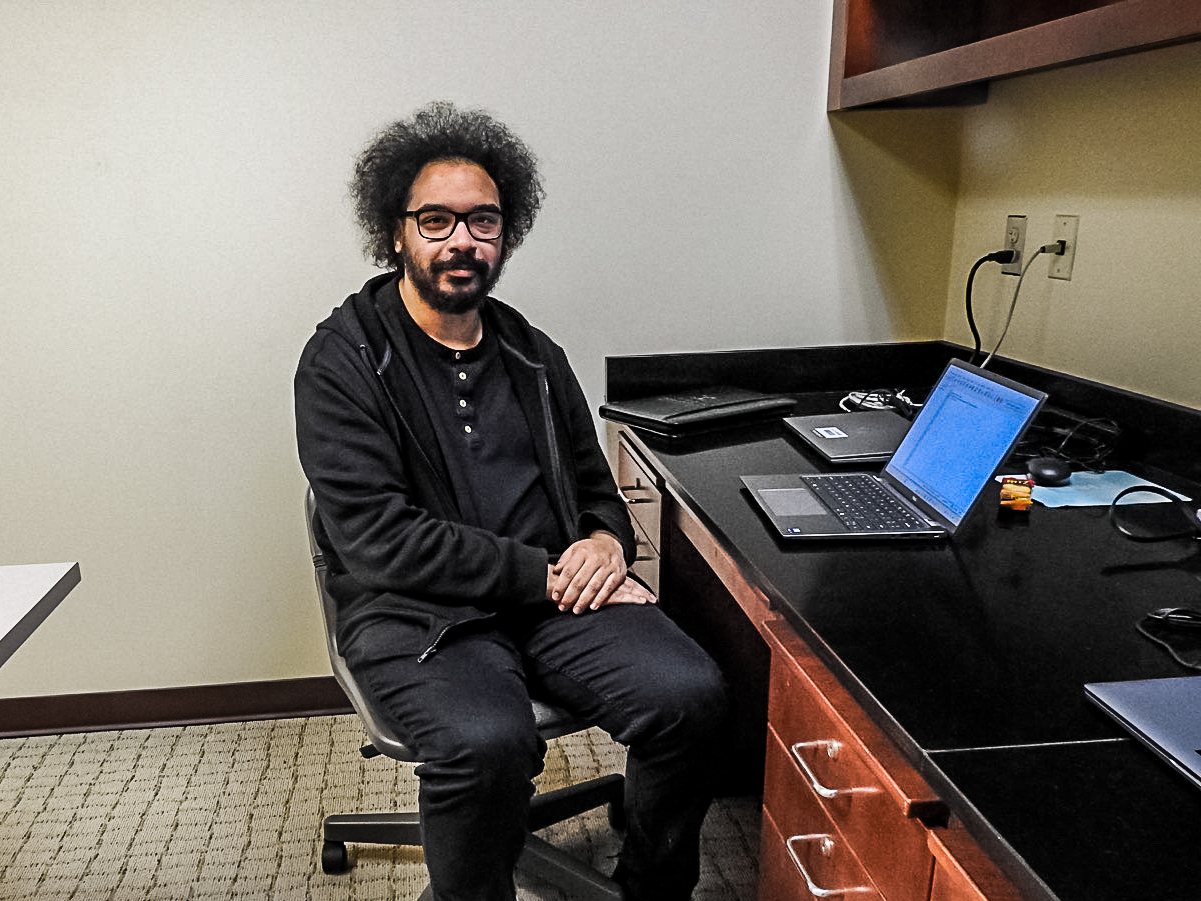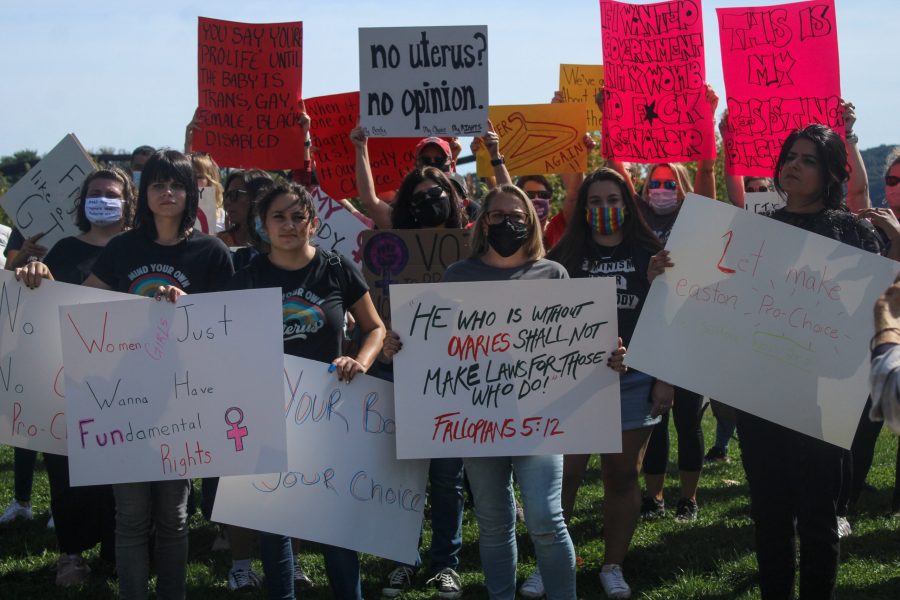Cities across America participated in the 2021 Women’s March last Saturday, held in response to Texas’s restrictive abortion law and the slew of copycat bills in other states. The Lehigh Valley and Easton community also saw protests, with a crowd of 100 marching from the Larry Holmes Statue to Centre Square. Kayla Massi ‘23, a self-described “feminist and activist for women’s rights,” attended with two other Lafayette students.
“I first heard of the nationwide march a couple of weeks back on the official Women’s March Instagram, and I looked to see if there were any local marches, which obviously there were,” Massi wrote in an email. “We all seemed to be there because this cause is so important to us…It was overall peaceful, but we made our presence known.”
The march saw a colorful array of signage carried by men and women alike, although many attendees, according to Massi, were older women who had witnessed or attended protests like the Women’s March for many years.
This year’s Women’s March followed the theme of reproductive rights, as the Supreme Court is preparing to hear Dobbs v. Jackson Women’s Health Organization, the first credible challenge to abortion rights since Planned Parenthood v. Casey in 1992. Of the nine justices, six of them are conservative, leaving pro-choice advocates fearful of a future in which abortions are no longer protected by the federal government.
“They think it will stop abortions, but it will only cause unsafe ones to occur,” Massi said. “It is truly an attack on women and individuals with uteruses, not abortion at this point.”
Thalia Charles ‘22, founder and president of Lafayette for Reproductive Autonomy, Justice and Empowerment (L-RAJE) said that she believes the overturning of Roe v. Wade is imminent.
L-RAJE is an organization that campaigns for everything from sex-positivity to LGBT issues to sexual and menstrual health.
“I think it’s safe to say that the Supreme Court will significantly alter Roe in Dobbs,” she said.
Government & Law professor Helena Silverstein, who declined to comment, stated in her Sept. 17 Constitution Day lecture that in Roe v. Wade, the precedent was set that any laws that regulate abortion must be narrow in nature.
“The Court said that the state’s interest in the woman’s health doesn’t justify banning abortion in early stages of pregnancy prior to fetal viability,” Silverstein said in her lecture.
Despite some debate, it is generally accepted that fetal viability does not occur until at least week 24 of pregnancy, according to the University of Utah. Mississippi’s abortion law, which the high court will hear this December, outlaws abortions after 15 weeks. The Texas law, though not outrightly banning abortions, exposes women who receive them to civil penalties if the fetus is aborted after six weeks.
As of Wednesday evening, a federal judge ordered Texas to suspend its restrictive abortion bill. However, analysts expect Texas officials to appeal the decision.
As a divisive subject, there are those who wish to see abortion rights diminished with the upcoming Supreme Court case. The Northampton County GOP, for example, called for counter-protests at the Women’s March in a now-deleted Facebook post, but their presence at the event was minimal.
“We encountered very few counter-protesters, none of which were aggressive,” Massi said. “Most non-protesters we encountered cheered us on and would start clapping.”
The Lafayette College Republicans did not respond to multiple requests for comment. The Lafayette College Democrats were not contacted for this story.
L-RAJE supports the right to abortion, according to Charles, and has plans to advocate for that right in their work on campus.
“One project we want to tackle is establishing a Sexual Health Resource Center on campus, which would allow Lafayette students to have greater reproductive and sexual autonomy,” Charles said. “We’ll probably partner with some [government and law] organizations and have some events around the time that the Supreme Court might hear Dobbs v. Jackson Women’s Health Organization.”





































































































